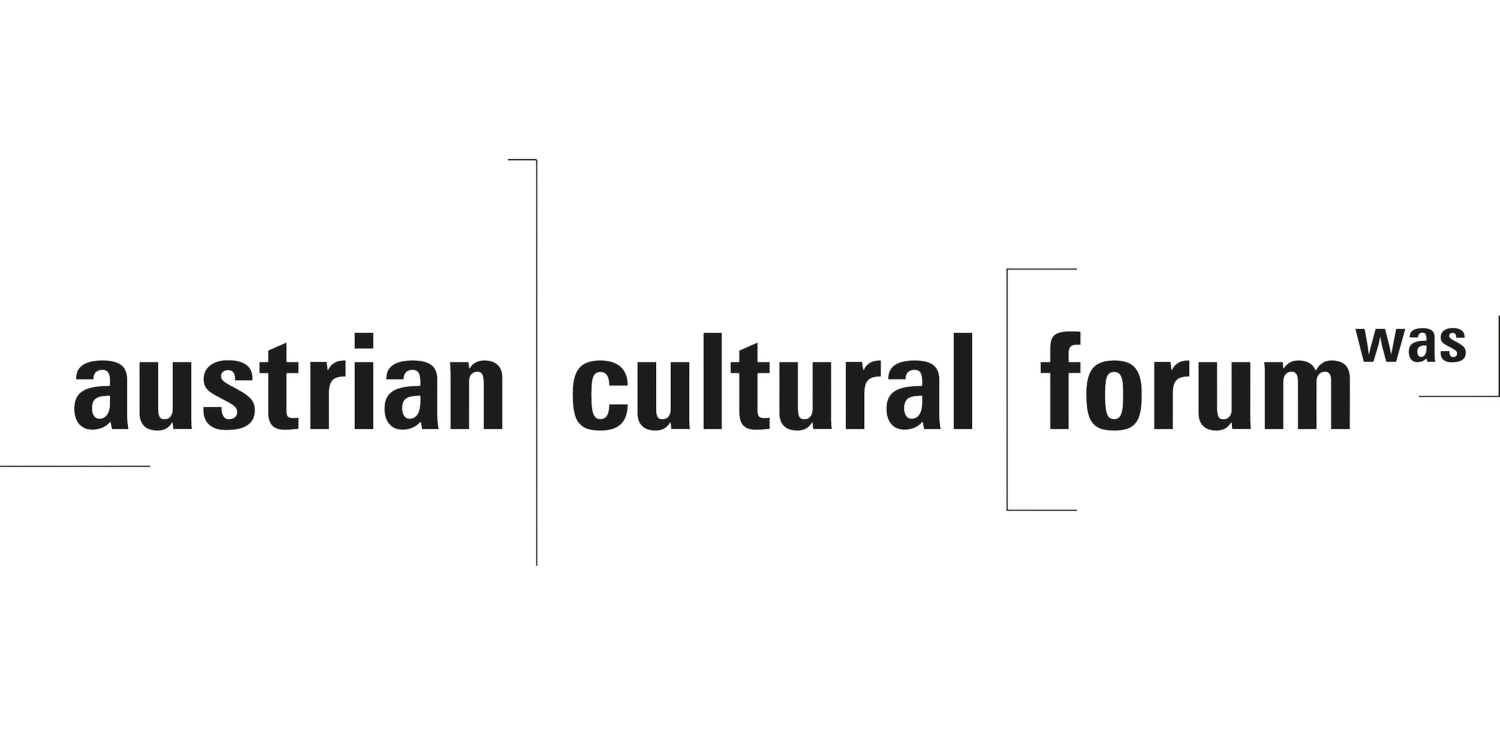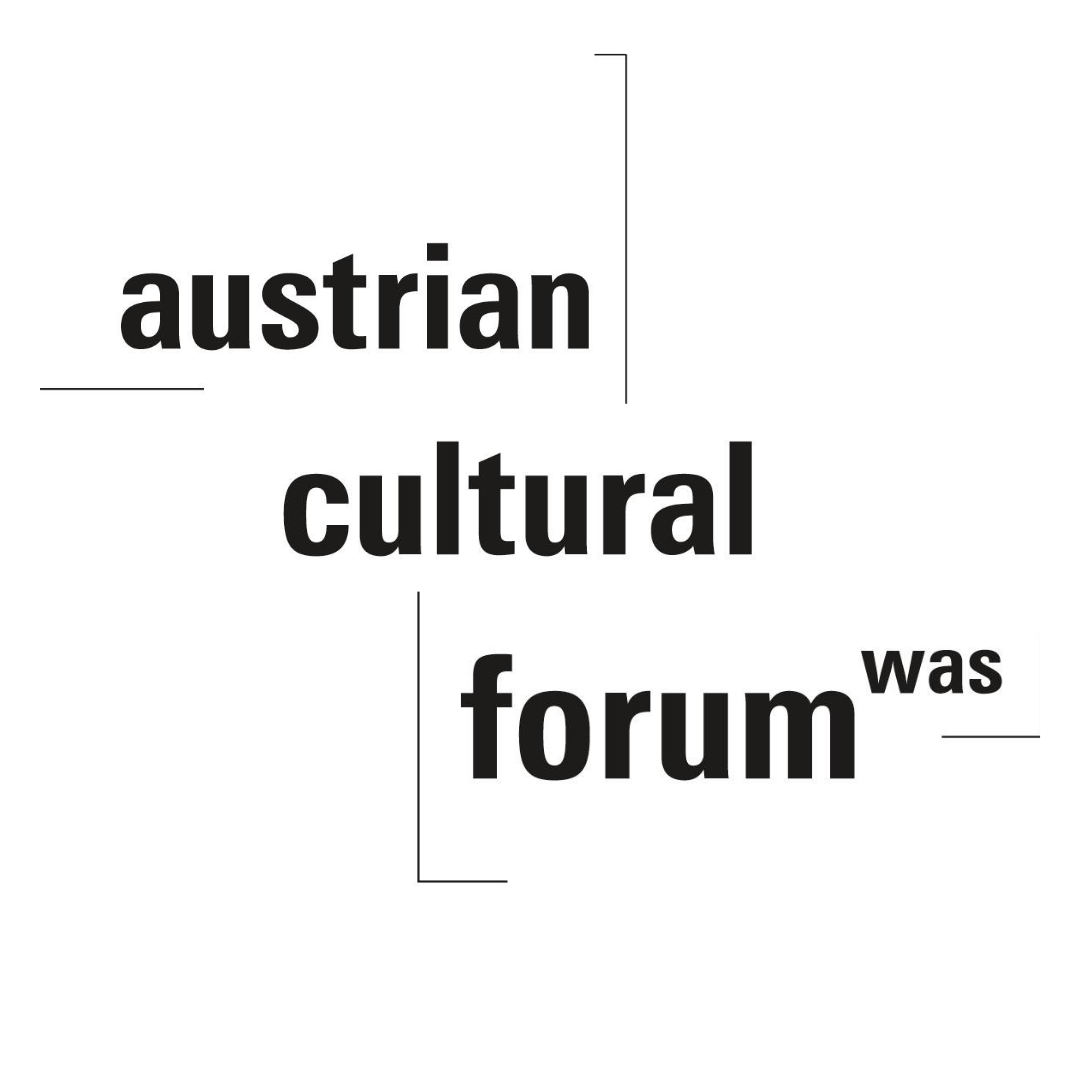Mark your calendars for an evening of enlightenment, empathy, and exploration. Join us for a staged reading of CONFERENCE AT EVIAN by Leon Weintraub, directed by Yvonne Paretzky, and let history's echoes guide us towards a more profound understanding of our shared humanity. The reading will be held in English.
Amidst a growing humanitarian crisis, U.S. President Franklin Delano Roosevelt convened representatives from over thirty nations at the Hotel Royal in Evian, France, in July 1938. Attendees of the Conference at Evian were to address the problem of hundreds of thousands of German and Austrian Jewish citizens in dire need to escape Nazi persecution, and to devise a rescue plan.
Drawing from official conference transcripts and the poignant narrative of the novel "The Mission," by Hans Habe, this staged reading will immerse us in the ethical, political, and religious conundrums of the time. Through the lens of professional actors, accompanied by immersive projections and sound recordings, we will experience the urgency and complexity of the ultimately doomed Evian Conference.
The event is followed by an Austrian wine reception.
ABOUT THE ARTISTS
Dr. Leon Weintraub had an almost 30-year career as a diplomat in the U.S. Foreign Service. He served at U.S. diplomatic missions in South America, the Middle East, Africa, and Europe. He also had a variety of Washington assignments, with most of his tours having a focus on political reporting as well as human rights and UN Security Council issues. His tours included assignments as a delegate to international conferences, including one on the establishment of a new Afghanistan government after the Taliban was overthrown following 9/11, and another on the establishment of the Kimberley Process in 2003 to deal with “conflict diamonds.”
After retiring from the Foreign Service, Dr. Weintraub was an adjunct professor at George Washington University in Washington, D.C., and then served for ten years as the Washington director of a University of Wisconsin program that brought students to Washington for internships in international affairs.
Leon Weintraub was born and raised in New York City. He received his undergraduate degree from Brooklyn College after serving in the first group of Peace Corps Volunteers in Liberia, West Africa. After his Peace Corps service, he received advanced degrees in International Affairs and Development from the University of Pittsburgh and the University of Wisconsin – Madison. While in the Department of State, Dr. Weintraub received a Master of Science Degree from the Industrial College of the Armed Forces (now the Eisenhower School) of the National Defense University.
Yvonne Paretzky is an actor, director, writer, and producer. During the recent actors’ strike she kept her creative juices flowing writing a feature screenplay and directing. Her directorial work was recognized with a nomination for a Helen Award for Best Ensemble Performance. In January she directed a multimedia play with 26 cast members, choreographers, videographers, composers, and set designers. Currently, she is gearing up for her next project as the executive producer of the US premiere of “Lowlands,” a play by German Nobel Prize-winning author Herta Müller. A member of Actors Equity, Yvonne has performed on many area stages, including Folger Shakespeare Theater, Atlas Center for the Performing Arts, and the Kennedy Center. She earned a BA in journalism and philosophy from The George Washington University and an MA in public policy from Antioch University. Yvonne is vice president of ExPats Theatre, a winner of the John Aniello Award for Outstanding Emerging Theatre.
ABOUT THE PLAY
A Reflection on History: The Possibilities at the Evian Conference (by Leon Weintraub)
Just a few months after the March 1938 German Anschluss, or annexation of Austria, over 30 nations met July 6-15 in Evian, France, to discuss the urgent issue of dealing with the large number of Jews, particularly from Austria, who were desperately seeking to emigrate.
As the conference began, the delegates were almost unanimous in condemning the harsh measures imposed by the Nazi regime against the Jewish population of Austria. The anti-Semitic measures which had been imposed incrementally over several years in Germany, were put into place in Austria in sudden and dramatic steps.
But the collective condemnation of German measures did not, alas, lead to any significant accomplishments. Apart from a small number of Jews who were permitted to emigrate to the Dominican Republic, none of the major democratic countries increased their refugee or immigration quotas, which had been limited for some time. Apart from planning for another conference, the sessions at Evian accomplished nothing beyond putting the plight of European Jews, for a limited time, on the world’s agenda.
Conference at Evian deals with an intriguing, yet little known, feature of the international meeting: the presence, though limited to the sidelines, of Dr. Heinrich Neumann von Héthárs, a prominent Viennese Jewish physician. While Dr. Neumann’s attendance was noted in the press, the reason for his presence is not clear, though there may have been a very specific goal. As fleshed out in a novel about the conference, The Mission, by Hans Habe (1965), and supported by some research, Dr. Neumann was sent by the Nazi authorities in Austria to convince the delegates at Evian to ask their governments to agree to a German proposal: the Third Reich would allow all Jews in Austria (and eventually Germany) to emigrate, if the countries represented at Evian will accept them and if those same countries will make ransom payments for them to the German government.
Although Neumann’s presence in Evian during the conference was public knowledge, it is unclear if, in fact, he ever did meet with any of the delegates and present the proposal. The Mission and Conference at Evian present to you a version of history that may be true, illustrating the heroic measures taken by Dr. Neumann to accomplish his mission.
Image © USHMM

